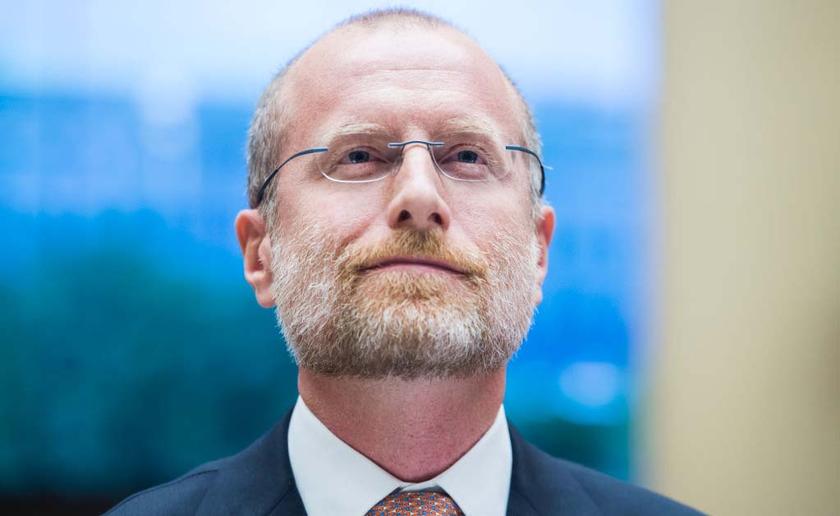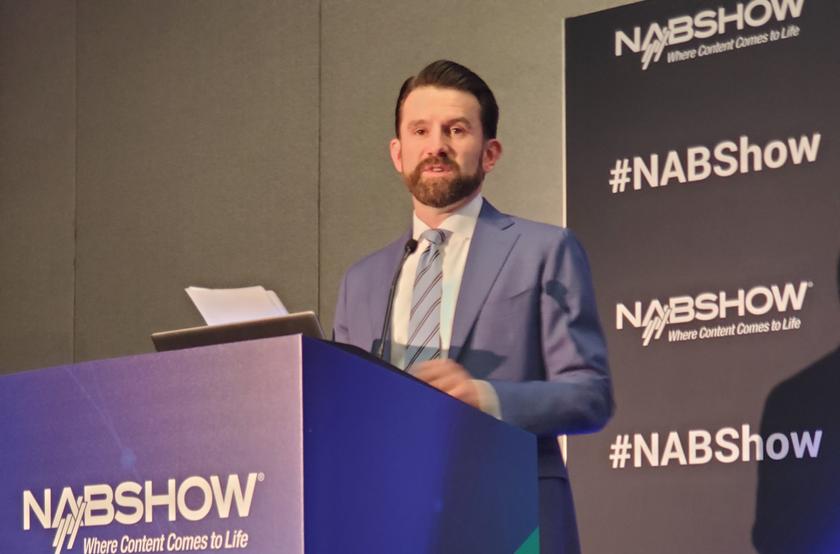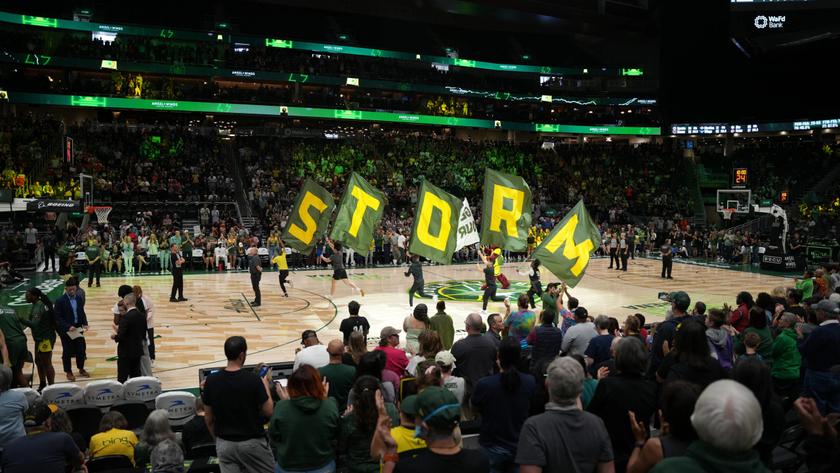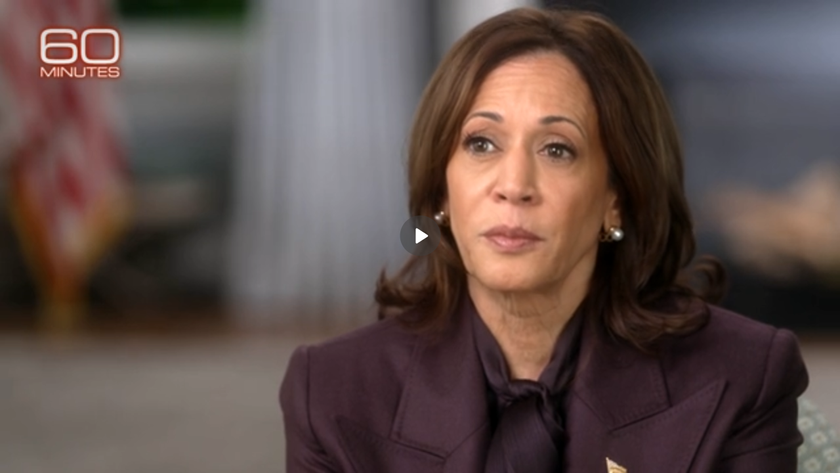Union members challenge shared news coverage

In 2008, Nielsen Media Research found that local television was the most popular source of news in America. What a difference a year can make! Now, local television stations throughout the nation are in economic shambles, and TV newsrooms are facing extensive layoffs and downsizing.
One of the most controversial developments of the economic crisis is the pooling of news coverage by local stations. The idea is for stations to jointly produce “pool” footage of breaking news stories and commonly covered news conferences. The argument is that by reducing overlapping coverage at such events, stations will then be free to use their news talent for more enterprising stories.
Of course, that’s if there are any reporters left to do such stories.
In Boston, where CBS O&O WBZ-TV, channel 4, and Fox’s WFXT-TV, channel 25, have agreed to share news footage and a helicopter, local cameramen and TV technicians see such pooling as a sure way to eliminate jobs. Last week, their union filed a grievance with the National Labor Relations Board challenging the newsgathering arrangement between the stations.
Andrew Dubrovsky, a representative of the International Brotherhood of Electrical Workers Local 1228, wrote to photographers and technical editors in an e-mail that the union believes both stations violated the National Labor Relations Act by entering into the agreement without first bargaining with Local 1228.
“Last week, when we were told by both companies of their intentions we told them that we strongly objected to this move and would take whatever action necessary to prevent them from implementing it prior to bargaining with us,” Dubrovsky wrote.
That same union skepticism extends to three local Washington, D.C., area TV stations — NBC-owned WRC, channel 4; Fox-owned WTTG, channel 5; and Gannett’s WUSA, channel 9 — who announced a similar news sharing agreement last month. The stations are creating a local TV news service to supply the stories. No reporters or anchors from the stations themselves will be involved in the news cooperative.
Get the TV Tech Newsletter
The professional video industry's #1 source for news, trends and product and tech information. Sign up below.
Greg Guise, WUSA-TV shop steward for the International Brotherhood of Electrical Workers, which represents videographers, was skeptical of the agreement. He said the union would study it closely. The devil is in the details, he commented.
Similar news sharing agreements are popping up throughout the nation. An agreement in Chicago involves three stations. NBC, Fox and Tribune have teamed in Los Angeles. NBC and Fox stations have joined up in Philadelphia. Three stations have a pact in the Tampa market.
In all the markets, the top stations have usually opted out of such agreements. Operating from positions of ratings strength, they are betting that branding themselves as independent, unique and better is more valuable than the potential cost-savings of pools.
In each case, the stations that join pools argue the moves will reduce costs and free up their staff. A Tampa station, for example, said “the service will help the stations reduce costs through a pooling of video newsgathering resources and will allow each to strengthen their focus on specialized enterprise reporting.”
In all cases, the stations will continue to operate independently in all other aspects of their businesses, including newsgathering operations. A managing editor, supposedly independent, will determine the stories to be covered each day by the news service and arrange the collection and delivery of the raw video footage for each of the participating stations.
This coverage includes public events with widespread accessibility, such as press conferences, as well as local stories that are typically covered by multiple cameras and crews. Each station, supplied with the same unedited footage, will determine how they use the video.
The problem with this theory is that few believe that stations will use their remaining staff to cover more enterprising stories. The cynical view is that the arrangement will allow the stations to reduce their staffs even further. As advertising diminishes and news audiences dissipate to other media, local stations have been frantically searching for ways to save money. This is one of them.
As for the news itself, such moves virtually assure that stations will look more alike — all using commonly shot material. Few believe there will be more enterprise or investigative stories.
Jill Geisler, head of the Poynter Institute’s Leadership and Management Group, warned that pooling reduces the amount of fresh material for newscasts and Web sites, leading to “feeding the same TV dinner to everyone in the news family.”
In an online column, Geisler said pooling, even with good intentions, can lead to unintended consequences. Among them, she said stations may miss contacts and stories in the halls of power simply by not being there. Pool video may become devalued. She warned that news staffs can development the mentality that “if a story’s important, we cover it ourselves. If it’s no big deal, the pool gets it.”
Savvy self-promoters and media relations people may sense a real opportunity in the news sharing environment and dream up more staged events, Geisler suggested. Also, pool coverage may become a form of stenography, with viewers getting much more of the “who, what and where” than the more valuable “why and how” born of critical thinking.
And, finally, the big fear is loss of more jobs. “The time and effort saved by sending pool crews frees the rest of the station’s staff to develop enterprise stories. And that can work — as long as the news staff truly remains intact,” Geisler said. “But in these tight times, management may be tempted to see the pool arrangement as ‘outsourcing’ and an excuse to cut positions. If that happens, the pool stations save money but lose key resources: human resources, editorial resources and trust.”












